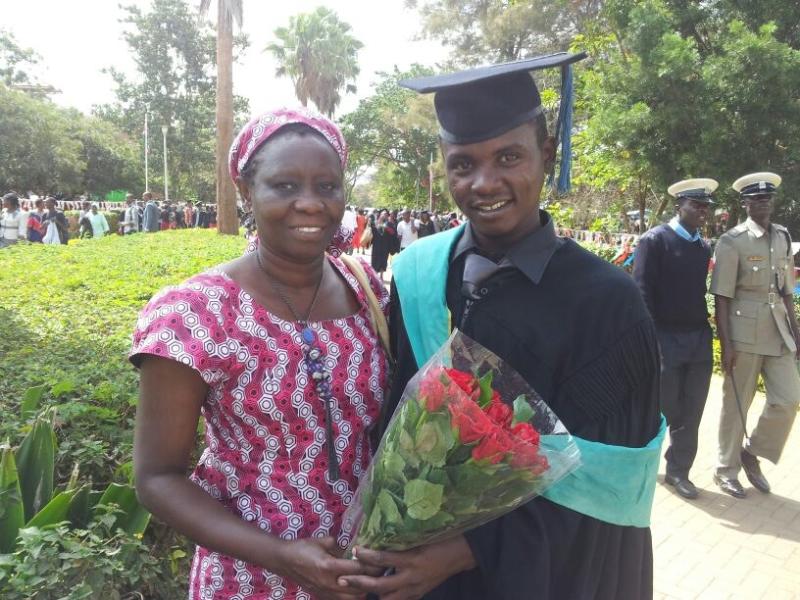×
The Standard e-Paper
Fearless, Trusted News

When Dr Joe Muriuki became the first Kenyan to declare he was HIV positive, his wife was three months pregnant with a son in 1989.
Though Jane Ngima, then only 26, tested negative, doctors advised that an abortion was the best route under the circumstances.